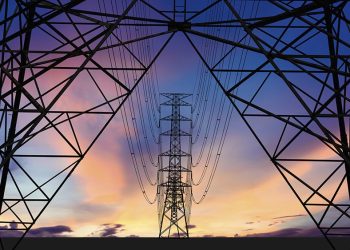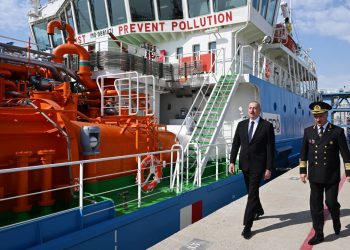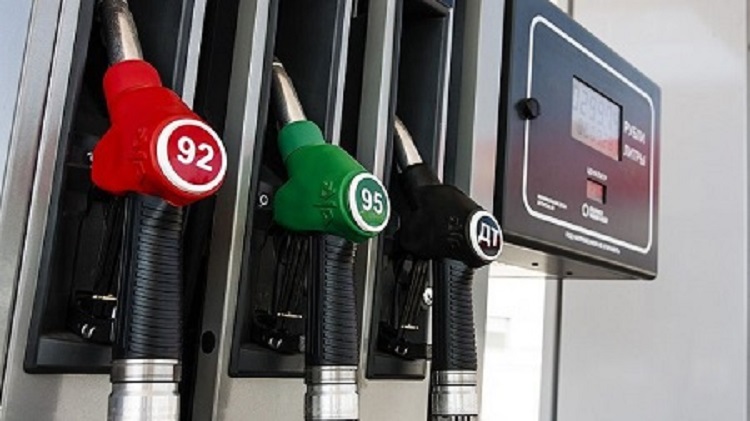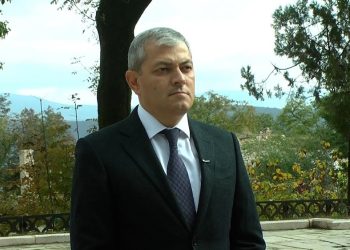The European Union’s energy security is under threat — one of its largest suppliers of natural gas has gone rogue. If Vladimir V. Putin’s efforts to destabilize Ukraine had culminated in an invasion, up to 15 percent of Western Europe’s total supply would have been immediately cut off.
Ukraine has the world’s largest gas-transit system. Even if the risk of a conflict there eventually dissolves, Mr. Putin’s Kremlin still presents the European Union with a major energy security problem. The European Union needs to develop emergency plans that focus on quick replacement of lost energy sources — and long-term strategies that free it of dependence on Russia.
In all, Gazprom provides 27 percent of Europe’s gas supply. Fifteen percent via Ukraine, and the rest through the Nord Stream pipeline under the Baltic Sea and the Yamal pipeline through Belarus and Poland. That 15 percent is much more significant than it might appear because some European Union member states, such as Bulgaria, Romania and Slovakia, are largely isolated from the rest of the market and would have difficulty replacing any losses quickly. Moreover, supplies cannot easily be redirected to the Yamal and Nord Stream pipelines. Even if that were so, they would not be able to replace all 80 billion cubic meters transited across Ukraine in 2013.
Russian gas supplies to Europe have always been based upon mutual dependency. But given the annexation of Crimea, the threat to Ukraine and the prospect of further aggression, mutual dependence is no longer a reliable principle for the European Union to count on. An aggressive Russia may begin to see natural gas more as a political lever than a source of revenue. During his annual phone-in program last month, President Putin himself pointed out that 2013 budget revenues from oil were $191 billion, whereas gas revenues were only $28 billion. This willingness to use European gas supplies as a political lever will have only been reinforced by the China-Russia gas agreement announced last week, which provides the Kremlin with an alternative customer for Russia’s huge gas supplies.
In the short-to-medium-term there are only a few options for new supplies. The largest new source for Europe in the next five years is likely to be from the Trans-Anatolian and Trans-Adriatic pipelines running from Azerbaijan’s offshore Caspian fields. Construction of the network, which would bring 10 billion cubic meters of new gas into Europe every year, is scheduled to begin next year and it can always be expanded. The European Union, with American support, would need to negotiate with Azerbaijan and Turkmenistan to gain access to further Caspian offshore resources and to Kurdish northern Iraq. An additional 10 billion cubic meters from any of these sources could undermine Gazprom’s pricing power and market dominance.
Complications from other potential sources abound: The Cyprus conflict and continuing tensions between Israel and Turkey mean that there is little hope of significant gas supplies from the east Mediterranean region before 2025. American liquid natural gas derived from fracking is unlikely to reach European shores in large quantities much before the middle of the next decade.
To obtain significant new energy supplies in the midterm, the European Union has three major options.
The easiest — and potentially most polluting and controversial — is to make a dash for coal. There is plenty available from America, due to its displacement by shale gas. Coal-fired power stations that have been progressively taken out of service under a European Union directive to shut down the most polluting coal-fired power stations could be refurbished and brought back online. France and Britain, for instance, are in the process of closing down between approximately 3 to 6 gigawatts of coal-fired capacity. (Average British electrical power consumption in 2012 was 35 gigawatts.) Across the European Union, emergency reactivation of coal-fired power stations would add significantly to Europe’s supply options. There would be tremendous political opposition but it could be overcome if the public can be convinced of its urgency.
The second option, also politically challenging, would be to reverse the trend against nuclear power, particularly in Germany, where Chancellor Angela Merkel has made the decision to close the country’s nuclear power sector. This too, is a matter of convincing wary citizens of its necessity.
The third and most green option would be to develop both domestic shale gas production and wind power. Both these sources face significant permitting and planning restrictions. But the European Union and its member states could opt for streamlined procedures on the grounds of energy security.
There is an understandable reluctance in parts of the political and business establishment to disrupt economic ties in a period of economic austerity. There is also the belief that, just as the Soviet Union did not disrupt energy supplies to Europe during the Cold War, the Russian Federation would not do so now. Though those views are understandable, they do not take account of Mr. Putin’s penchant for regional destabilization to meet his own domestic ends. The Russian Federation sees benefits in a destabilized Europe. This may take the form of “soft” leverage — low gas prices for those who take a pro-Kremlin line, while squeezing those states it finds less amenable.
In any case, Europeans can no longer rely on the comfortable principle of mutual dependence. The European Union has to focus sharply on supply security and take the right steps to protect all Europeans, and its own energy future.
Alan Riley
is a professor of energy law at The City Law School at City University London.












